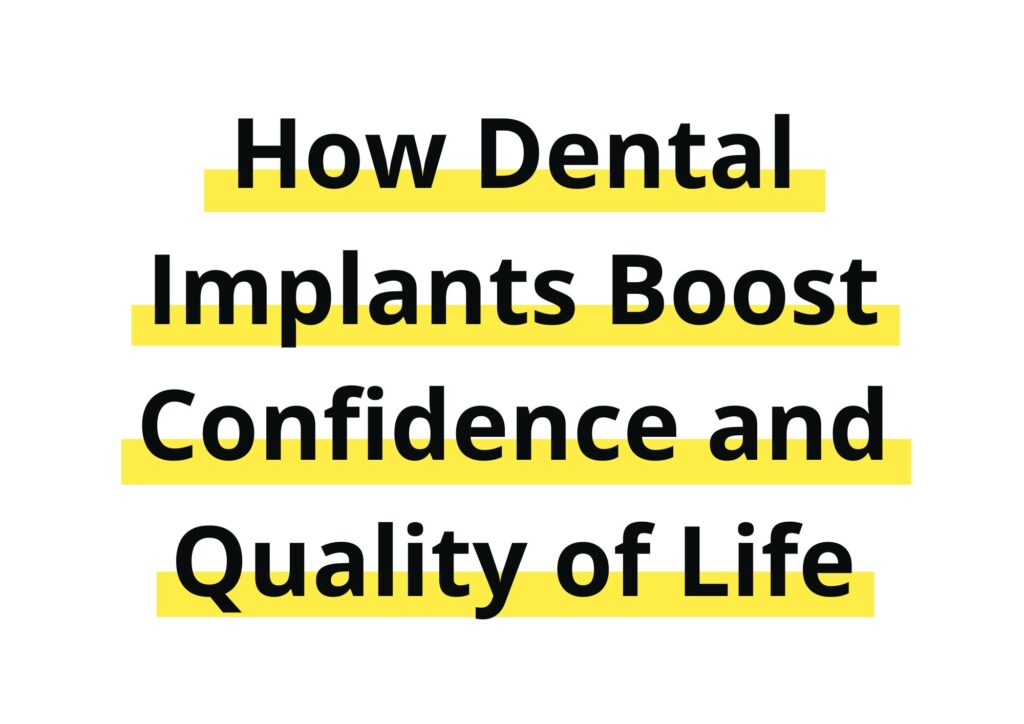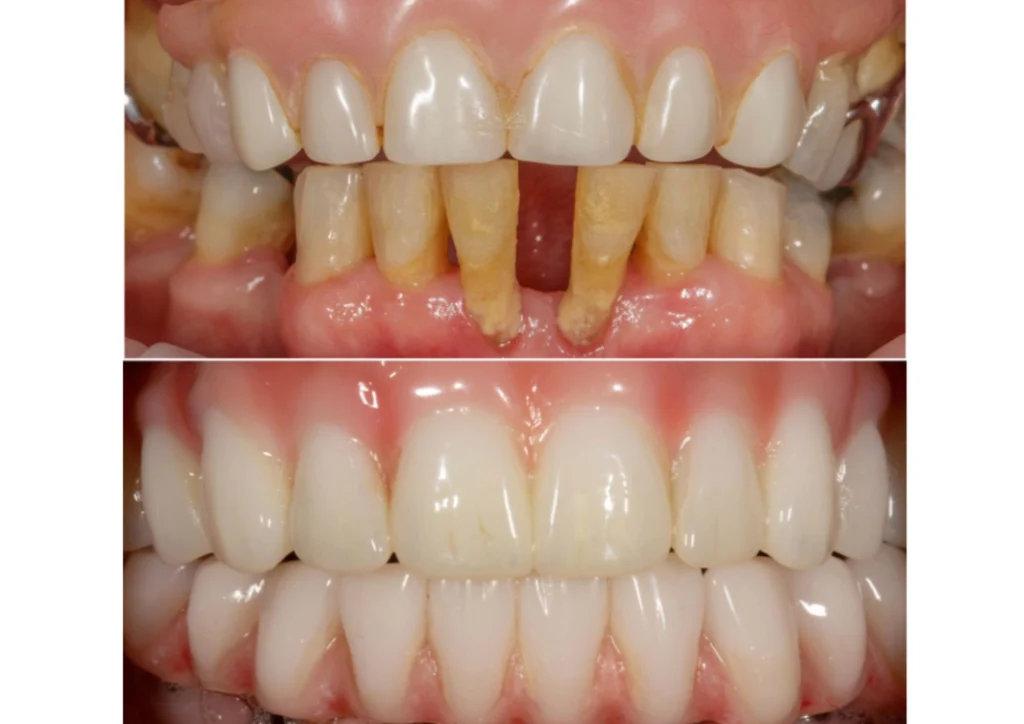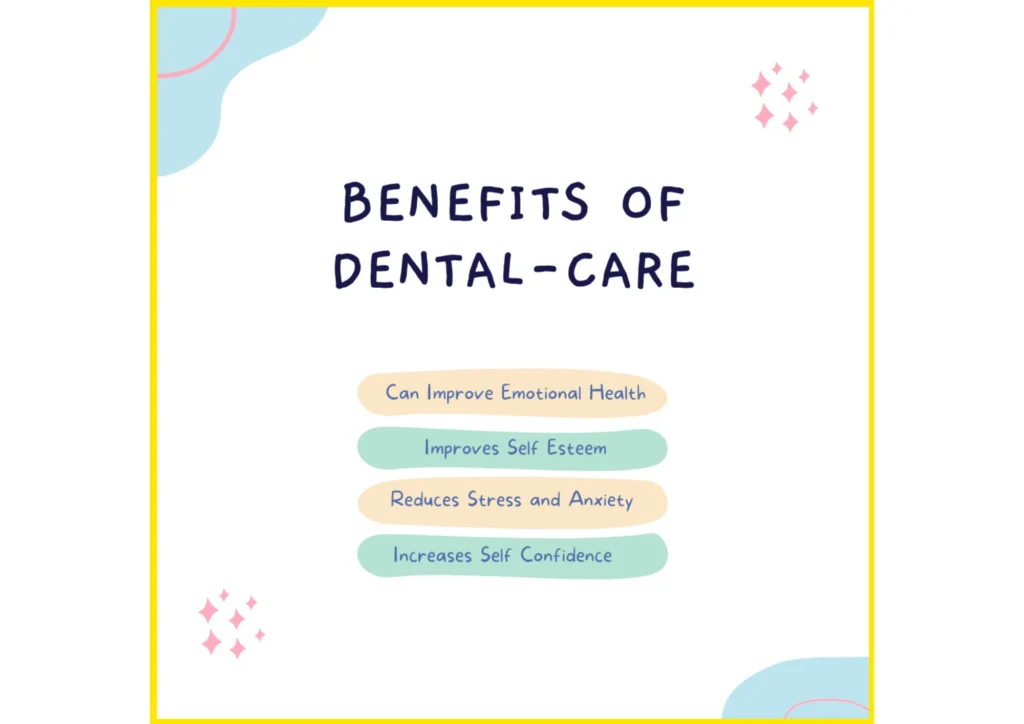

By Leanne.
Share article:
Teeth take up such a small amount of real estate on your body yet play one of the most significant roles in your quality of life and self esteem. We know that the purpose of having teeth is for proper speech and pronunciation, and also to chew and smile. What we also know is that there is SO MUCH MORE to this story we can sink our teeth into.
In the world of social media (Instagram, TikTok, Facebook etc), you’ll see toothless (edentulous) people not embarrassed to take their teeth out and talk, sing, dance and stand on their heads. They own it – and good on them. The reality though, is that this is certainly a minority group.
Are you tired of feeling self-conscious about your smile? Do you avoid social situations because of missing or damaged teeth? If so, dental implants may be the solution to transform your life.
Do you feel isolated?


Have low self esteem?
Feel embarrased?


Suffer with shyness?
Experience shame?


Refrain from eating in social situations?
Avoid job and career opportunities, promotions, public speaking, teaching roles, etc?


Never appear in family photos or videos while on vacations and during family gatherings?
Then this blog is for you!
What is the first thing you notice about this guy? His missing tooth right? Even though he is missing an eyebrow too, the first thing you noticed was his missing tooth when he smiles.

Your smile is one of the first things that people see when they first meet you, so having any number of missing, or rotten teeth can cause your confidence to tank as a result.
Your quality of life, health, relationships, work, and social time, can all take a downward spiral without strong, functioning teeth.
Having bad teeth can lead to you walking around carrying a constant heavy burden.


Sadly, many people who need help with their badly damaged or missing teeth don’t get or seek help. Living life with severely broken down or missing teeth, and experiencing debilitating dental pain, or wearing uncomfortable removable dentures can have a extremely negative impact on the social interactions of individuals, resulting in depression and avoidance behaviours.
Did you know you don’t have to suffer and live in fear of smiling when you can have dental implant bridges that look and feel like real teeth?
Increased or ‘new found’ confidence


Dental implants have become increasingly popular as a permanent solution for missing or damaged teeth. While the aesthetic benefits of dental implants are often highlighted, their impact on self-confidence can also be significant.
Implants can help increase self-confidence. They can restore your ability to smile, eat, and speak confidently. If you are missing a tooth/teeth, you may feel extreme anxiety at being the centre of attention. Missing teeth or gaps in the smile can cause embarrassment and self-consciousness, leading to a decrease in self-esteem. Ill-fitting traditional dentures can move in your mouth when you are talking to others, which can result in you mumbling or slurring your speech. Dental implants can help you avoid this embarrassing scenario because they are firmly fixed inside your mouth.
Dental implants can look and feel like natural teeth, so you can once again confidently smile when the occasion calls for it.
Many people who suffer from missing teeth experience a loss of confidence, which affects not only their personal relationships but also their professional lives. The emotional benefits of dental implants cannot be overstated, as they can improve an individual’s quality of life and provide a renewed sense of self-confidence.

Increased self esteem


Replacing missing teeth is not only important to maintain good oral health, but can also help boost your self-esteem. Self-esteem refers to how you appreciate and value yourself. Your self-esteem develops and changes as a result of your life experiences and interactions with other people. Dental implants provide a natural looking and functional replacement for missing teeth, allowing individuals to regain their confidence and improve their self-esteem.
Missing teeth or ill-fitting dentures can often make people feel self-conscious about their appearance, lower their self esteem and avoid social situations altogether.

Eating with confidence
It’s Friday night, it’s your best friend’s birthday. Not only have you spent the whole day trying to mentally prepare yourself to socialise with a smile that embarrasses you, but when you look at the menu, a familiar sense of dread washes over as you realise there’s not a lot you can eat. You order a bowl of soup, announce that you aren’t very hungry and sit, feeling sorry for yourself. Sound familiar?
Gaps and failing teeth can restrict your ability to eat certain foods and make you reluctant to eat out in public at all. Dental implants can provide > 95% of the full bite force of natural teeth, giving you the confidence to enjoy your favourite foods, at home or at a restaurant.

The psychological benefits of dental implants
One of the most profound benefits of dental implants is the psychological boost they can provide to patients. As previously mentioned, tooth loss can have a significant negative impact on self-esteem and confidence, leading to social isolation, anxiety and even depression. When we think of dental implant treatment, we usually focus on the physical benefits.
Beyond the smile, dental implants can improve a person’s self-esteem, social life, and overall quality of life. Patients who feel self-conscious about their appearance or struggle to eat and speak properly may experience anxiety or stress in social situations. This can affect a person’s mental health.
Dental implants can help alleviate these feelings of anxiety and stress by restoring the ability to eat, speak, and smile confidently. Patients can enjoy social activities without feeling self-conscious or embarrassed, leading to a more fulfilling and satisfying life.
Whether you’re considering dental implant treatment for yourself or someone you love, understanding the psychological benefits can help you make an informed decision and feel confident in your choice.

Prevent premature aging
Without natural teeth to stimulate the jaw bone, it begins to resorb. One of the side effects of bone resorption is premature aging. The jawbone can gradually decrease after the loss of teeth which can lead to wrinkled lips and a sunken mouth and face, and less pronounced cheekbones. With dental implants, the jaw bone will be stimulated just like it is with natural teeth. If you’ve had missing teeth for years, you will likely notice a more youthful appearance after getting dental implants. Dental implants are the only tooth replacement treatment that helps preserve and reinvigorate bone growth, helping to maintain your facial profile.

Improving your overall health
Dental implants are a beneficial treatment option for those looking to improve their oral health and overall wellness. Dental implant treatment can also reduce anxiety and stress related to other oral health issues. By restoring missing or damaged teeth with dental implants, you can reduce the progression of periodontal disease, reduce the risk of other oral health problems and feel more confident in your oral health.


Look good and feel better
It’s that simple. A happier and healthier you is the goal. With advanced technology and expert care, dental implants offer a permanent and natural-looking solution to restore your confidence and improve your quality of life.
When placed by experts, they are reliable and predictable.
To sum it up, dental implants can truly transform your life and give you the confidence to show off your smile. They enable you to recapture your lifestyle after tooth loss and achieve overall well-being.
They can have a significant impact on a person’s self-confidence and overall quality of life.
Although there are alternatives to dental implants, none of them provide the same level of functionality and natural appearance as implants do.
Don’t let a missing tooth keep you from taking centre stage in life. Talk to an All at Once® dentist to see if dental implants are the right solution for you.


Disclaimer: The information provided on this platform, including text, graphics, and images, is intended for general informational purposes only. It is not a substitute for professional dental advice, diagnosis, or treatment. For specific dental concerns, it is crucial to consult with a qualified dental practitioner. They will be able to assess your individual circumstances, provide accurate diagnoses, and offer appropriate treatment options tailored to your specific needs
Print article:
Share article:
Subscribe To Leanne's Blog
Ready for your new smile?


